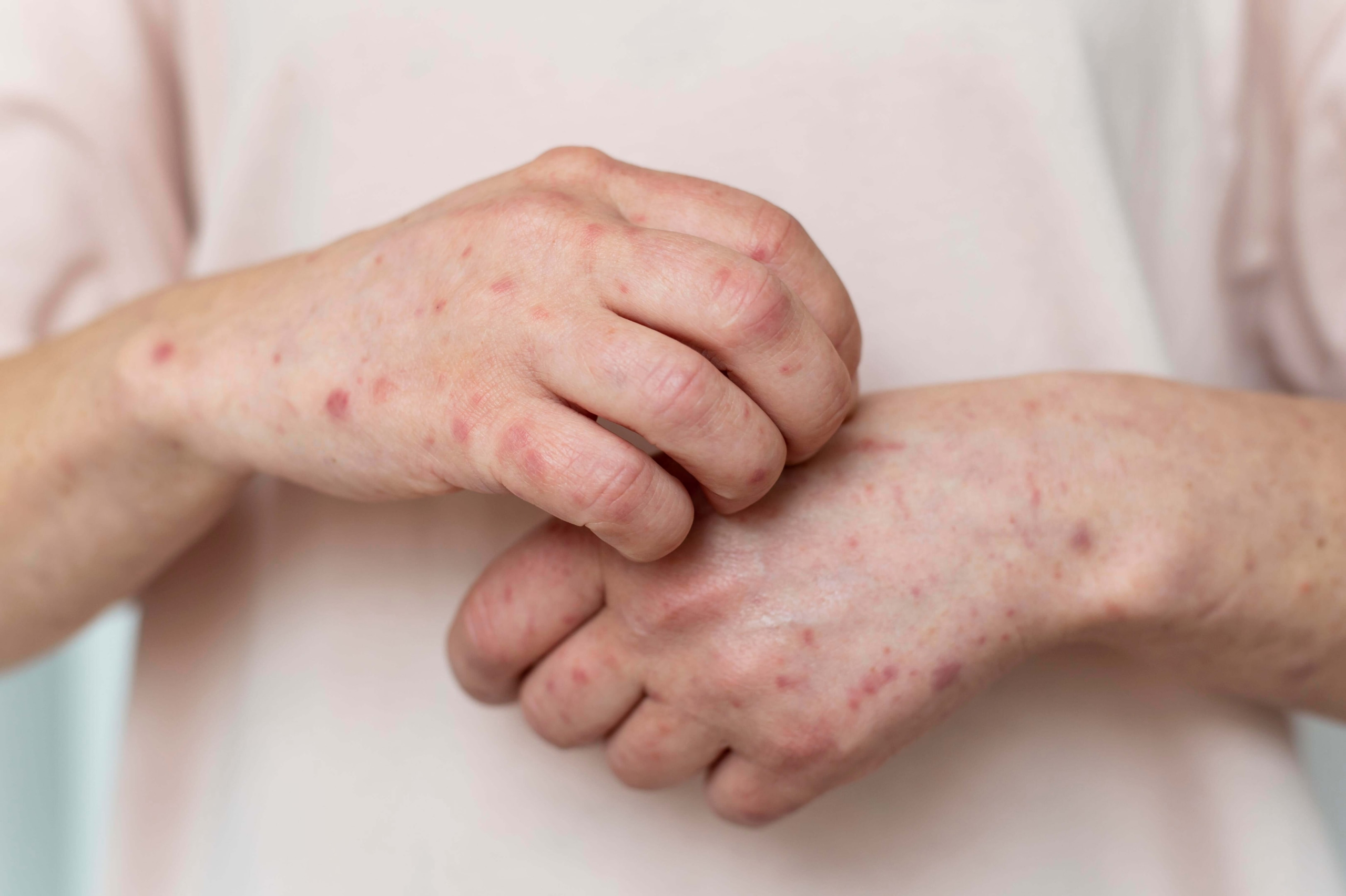
As we navigate through 2024, health crises continue to challenge communities worldwide. One such public health concern is monkeypox, now more widely known as mpox. Though mpox has been around for decades, and is in fact also previously known as monkeypox, it has garnered more attention due to recent outbreaks outside its usual endemic areas.
Understanding what mpox is and how to protect your family is essential for maintaining health and safety during this time.
Monkeypox in 2024: How to Maintain Your Family’s Health and Safety
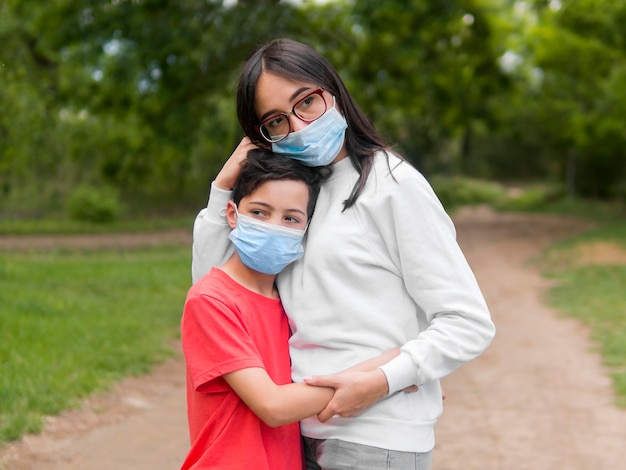
Monkeypox is a viral zoonotic disease, meaning it can be transmitted from animals to humans. The World Health Organization (WHO) identifies it as part of the same family of viruses that cause smallpox, although mpox is less contagious and has presented with less severe illness.
WHO declared mpox a public health emergency with a high risk of a global outbreak. It’s also important to note that there are two primary types: clade i and clade ii. It’s the clade ii type that is currently going around.
First discovered in the Democratic Republic of the Congo in West Africa in 1970, monkeypox is primarily found in Central Africa and West African countries, particularly in proximity to tropical rainforests where infected animals, such as rodents and primates, serve as hosts for the virus.
The first human case was reported in the country when an individual made contact with infected animals. The virus was found to be the clade i type.
In 2022, the clade ii type mpox virus has since become an international concern. Infected patients have been confirmed in other countries outside of the Democratic Republic of the Congo and both West Africa and East Africa.
The mpox virus spreads through direct contact with bodily fluids, respiratory droplets, and contaminated objects. Additionally, the virus spreads through skin-to-skin contact with skin lesions or through contact with infected animals. Mpox has an incubation period of six to 13 days, during which individuals may not show any symptoms but are already carrying the virus.
Mpox Symptoms
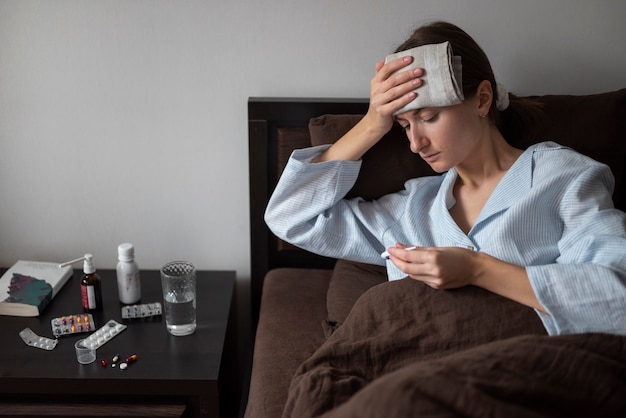
The symptoms of mpox closely resemble those of smallpox but tend to be milder. Symptoms include:
Flu-Like Symptoms
This include fever, sore throat, headache, muscle aches, and back pain.
Swollen Lymph Nodes
Swollen lymph nodes is a key characteristic that helps distinguish mpox from other similar infectious diseases
Skin Rash
which often begins on the face and then spreads to other parts of the body, including the palms of the hands and soles of the feet. The mpox rash eventually forms blisters and crusts over into scabs.
The disease typically lasts a few weeks (between two to four weeks), with the rash being one of the most telling and persistent signs. In rare cases, mpox can lead to more severe illness and complications, especially for individuals with weakened immune systems or underlying health conditions.
How Mpox Spreads
Mpox is transmitted through various forms of close contact with an infected patient:
Skin-to-skin contact with someone who has mpox.
Sexual contact and sexual activity, including intimate contact or prolonged physical interactions.
Contact with contaminated objects, such as bedding, towels, or clothing.
Animal-to-human transmission from infected animals.
The current outbreak has seen a surge in cases outside traditional endemic regions, raising public concern. Although mpox is rarely life-threatening, it can lead to complications, particularly for people with compromised immune systems, pregnant women, and children.
When is the Mpox Virus Transmitted?
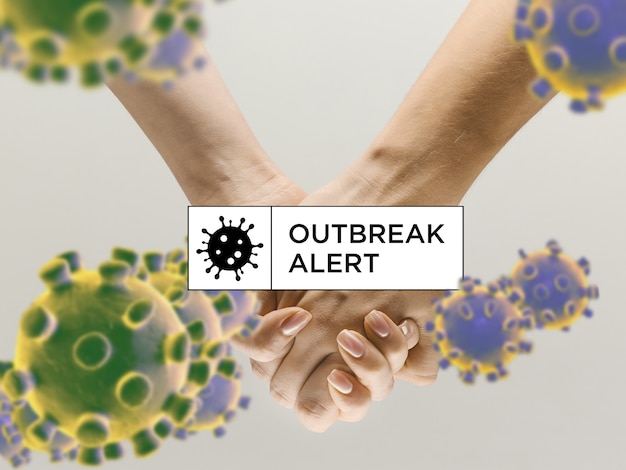
Like many infectious diseases, the monkeypox virus has an infectious period in which it can be transmitted.
According to the Centers for Disease Control and Prevention (CDC), infected patients can transmit the monkeypox virus:
From the time that people who’ve been infected start to develop symptoms until the rash is healed completely, and a new layer of new skin is formed.
Some people with mpox can spread the monkeypox virus 1 to 4 days before they even show symptoms.
Currently, no evidence suggests that people who never have symptoms can spread the virus to someone else. CDC is monitoring the latest information about how mpox propagates.
Tips for Keeping Your Family Safe and Healthy
With the evolving understanding of mpox global outbreak and its transmission patterns, there are essential steps families can take to protect themselves and reduce the risk of infection.
1. Practice Good Hygiene
Hand hygiene is crucial for preventing mpox transmission. Encourage frequent handwashing using soap and water or an alcohol-based hand sanitizer, especially after contact with high-touch surfaces.
Additionally, regularly disinfect commonly used household items and surfaces, particularly if a family member has developed symptoms of mpox.
2. Avoid Close Contact with Infected Individuals
Since mpox spreads through close or direct contact with infected persons, avoid any physical interaction with someone who has symptoms of the virus, especially if they have skin lesions or are experiencing flu-like symptoms.
Family members should avoid sharing personal items such as towels, bedding, or clothing with someone who has mpox, as the virus can spread through contact with contaminated materials.
3. Stay Informed About Vaccination
The mpox vaccine, developed using smallpox vaccine technology, is available and has proven to be effective in preventing the spread of the virus. While not everyone needs to be vaccinated, certain groups may be at higher risk.
Talk to a healthcare provider to assess if anyone in your family should receive the mpox vaccine, especially if living in areas with confirmed mpox outbreaks or if you have been in close contact with someone diagnosed with mpox.
4. Be Aware of the Symptoms
The earlier mpox is detected, the easier it is to prevent its spread. Watch out for early symptoms, such as flu-like symptoms and swollen lymph nodes, which could signal the onset of mpox.
While at surface level, mpox may not seem threatening, it can also trigger other symptoms that may cause severe illness. People with mpox who also have a compromised immune system can run the risk of severe disease.
If any family member develops these signs or if you observe a new rash, seek medical advice immediately. Early detection can lead to proper treatment and reduce the risk of complications.
5. Use Personal Protective Equipment (PPE)
As we’ve seen with the COVID outbreak, PPE can provide protection. Wearing PPE can reduce the risk of transmission when you have to be at close personal contact while caring for a family member with mpox or in settings where the virus is prevalent.
This includes wearing a well-fitting mask in close-contact situations and using disposable gloves when cleaning or disinfecting surfaces that may be contaminated with the virus.
6. Consult Healthcare Providers for Treatment for Mpox
If a family member shows signs of mpox clade ii type, consult your healthcare provider for advice on diagnostic tests and potential treatment options.
The polymerase chain reaction (PCR) test can confirm a diagnosis by analyzing a tissue sample from a skin lesion. While there is no specific antiviral drug or pre-exposure prophylaxis (PrEP) medication for mpox, antiviral drugs that target smallpox have shown promise in treating severe cases of mpox.
7. Isolate Infected Individuals
Isolation is key to preventing the spread of mpox within the household. If a family member is diagnosed with mpox, ensure they stay in a separate room and limit their contact with others until their rash heals completely and a fresh layer of skin has formed.
Following proper isolation guidelines until they are no longer infectious will help protect the rest of the family from contracting the virus.
8. Educate Children About Safety Measures
Teaching children the importance of good hygiene, avoiding close contact with others who may be sick, and recognizing symptoms can empower them to stay safe. Make sure children understand that while mpox can be serious, taking the right precautions can prevent it from spreading.
9. Stay Informed and Follow Public Health Guidance
Lastly, stay updated with the latest information from reliable sources such as the World Health Organization (WHO) and local health authorities. In the event of an outbreak, following the advice of public health officials will help keep your family safe.
Be Vigilant and Safe Against Mpox
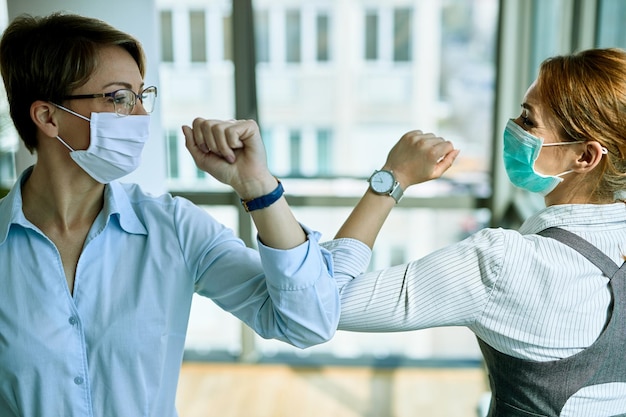
While mpox remains a concern, there are practical steps that families can take to safeguard their health. Understanding how mpox spreads and recognizing mpox symptoms are critical in ensuring early detection and preventing the virus from affecting your family.
With good hygiene practices, vaccinations, and proper medical care, you can protect your loved ones and maintain a healthy household amidst ongoing health challenges.

Celebrate Life’s Milestones in Camella!
House and Lot & Condominium for Sale in the Philippines

